(Anytime Korean, Beginning 1) Selected words & expressions for the midterm exams (Lesson 1-5) _Updated on 5/14//2023
1/133
There's no tags or description
Looks like no tags are added yet.
Name | Mastery | Learn | Test | Matching | Spaced | Call with Kai |
|---|
No analytics yet
Send a link to your students to track their progress
134 Terms
뭐
what [뭐 (reduced form); 무엇 (full form)]
저
I [humble form of 나]
이거
this [Literally, this(이) thing(거)] (p.89)
요일
day of the week (p.14)
주중
weekday (p.13)
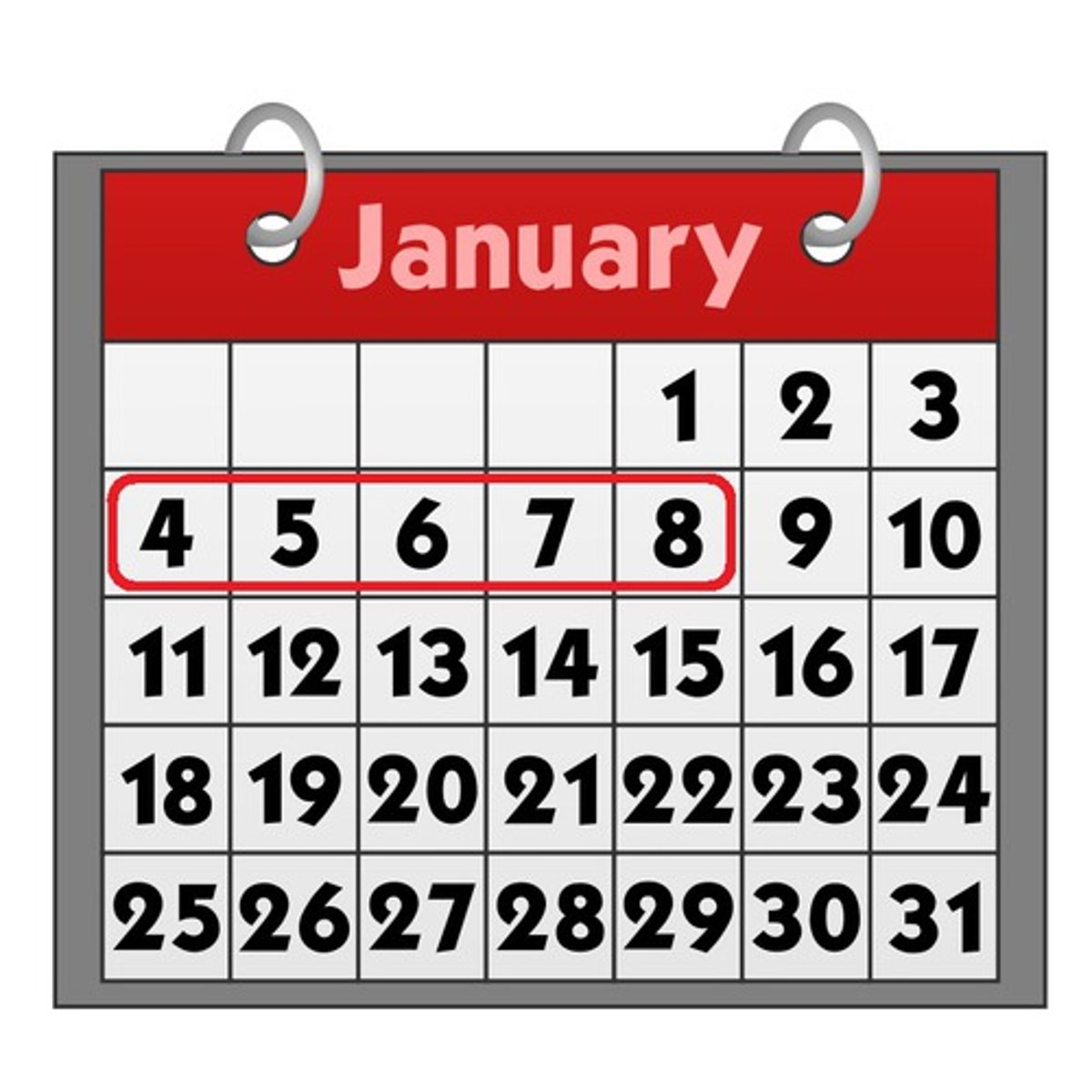
월요일
Monday (p.132)
화요일
Tuesday (p.132
수요일
Wednesday (p.132)
목요일
Thursday (p.132)
금요일
Friday (p.132)
주말
weekend (p.13
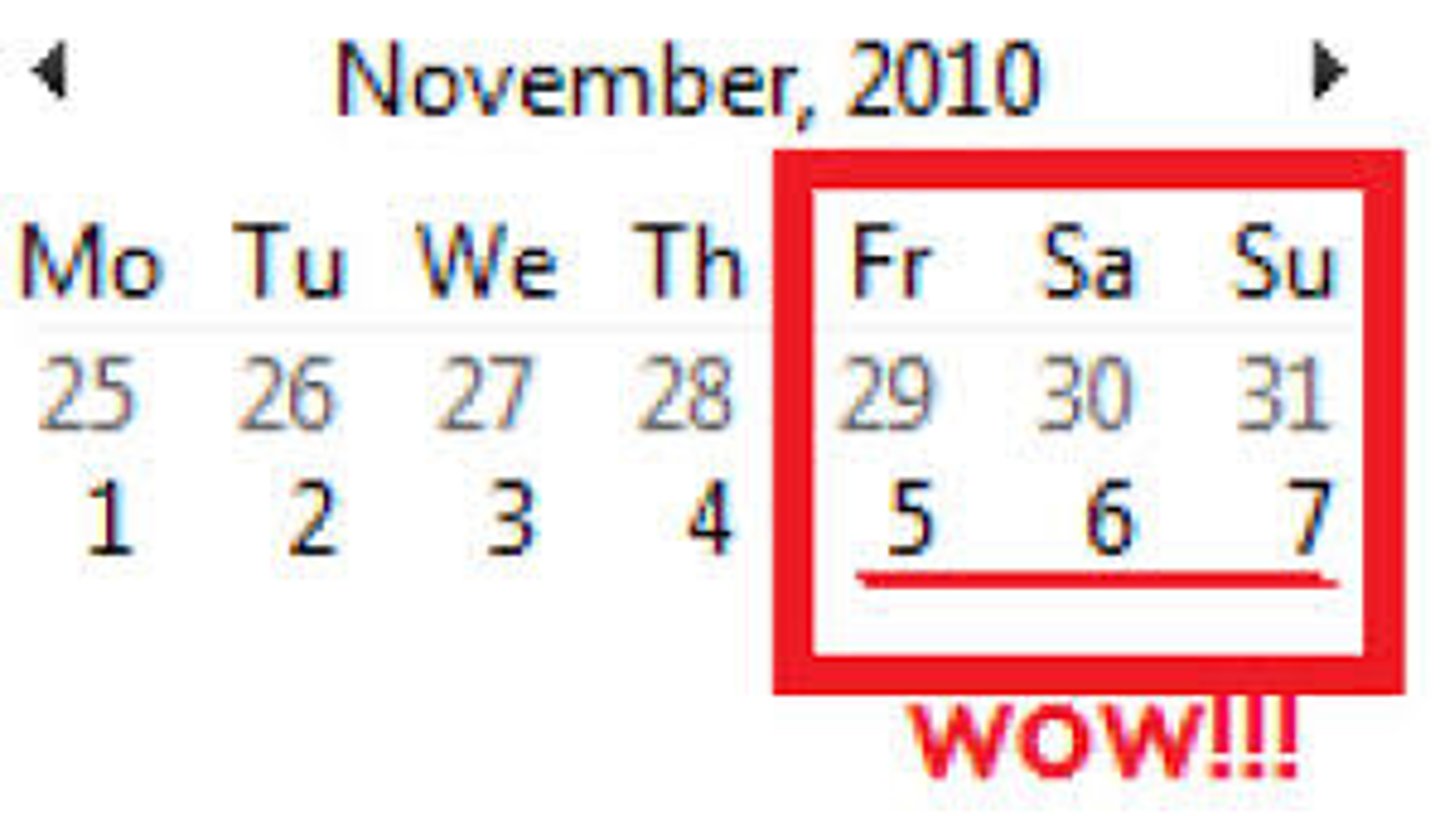
토요일
Saturday (p.132
일요일
Sunday (p.132)
운동
exercise (p.149)
책
book (p.152)
성함
name [honorific word of 이름]
사람
person (p.65)
이름
name (p.76)
친구
friend (p.77)

가수
singer (p.67)
배우
actor or actress (p.67)

나라
country

학년
grade level [Literally, school year]
몇
how many; what * 몇 학년
전
as for me [reduced form of 저는]
고등학교
high school (p.110)

고등학생
high school student
대학원
graduate school

대학원생
graduate school student (p.103)
일
grade level [Literally, school year]
이
two (p.103) e.g., 학년 "sophomore"; 이 년 "two years"
삼
three (p.103) e.g., 삼 학년 "senior"; 삼 년 "three years"
사
four (p.103) e.g., 사 학년 "senior"; 사 년 "four years"
일 학년 (1학년)
freshmen [Literally, 1st school year]
이 학년 (2학년)
sophomore [Literally, 2nd school year]
삼 학년 (3학년)
junior [Literally, 3rd school year]
사 학년 (4학년)
senior [Literally, 4th school year]
석사과정
master's degree program
박사과정
doctoral degree program
고등학교 일 학년 (1학년)
high school freshmen [Literally, high school first school year]
고등학교 이 학년 (2학년)
high school sophomore
고등학교 삼 학년 (3학년)
high school junior
고등학교 사 학년 (4학년)
high school senior
대학교 일 학년 (1학년)
college freshmen [Literally, college first school year]
대학교 이 학년 (2학년)
college sophomore
대학교 삼 학년 (3학년)
college junior
대학교 사 학년 (4학년)
college senior
대학원 석사과정
master's degree program at a graduate school
대학원 박사과정
doctoral degree program at a graduate school
고등학교 일 학년 학생
a highschool freshman [Literally, high school first-school-year student]
고등학교 이 학년 학생
a high school sophomore
고등학교 삼 학년 학생
a high school junior
고등학교 사 학년 학생
a high school senior
대학교 일 학년 학생
a college freshman [Literally, college first-school-year student]
대학교 이 학년 학생
a college sophomore
대학교 삼 학년 학생
a college junior
대학교 사 학년 학생
a college senior
대학원 석사과정 학생
master's degree program at a graduate school [Literally, graduate school master's program student]
대학원 박사과정 학생
doctoral degree program at a graduate school [Literally, graduate school doctoral program student]
무슨
what kind of (e.g, 무슨 일을 하세요?)
어느
which (e.g., 어느 나라 사람이세요?)
(-에) 가다 (가요)
to go (to ~) (p.119)
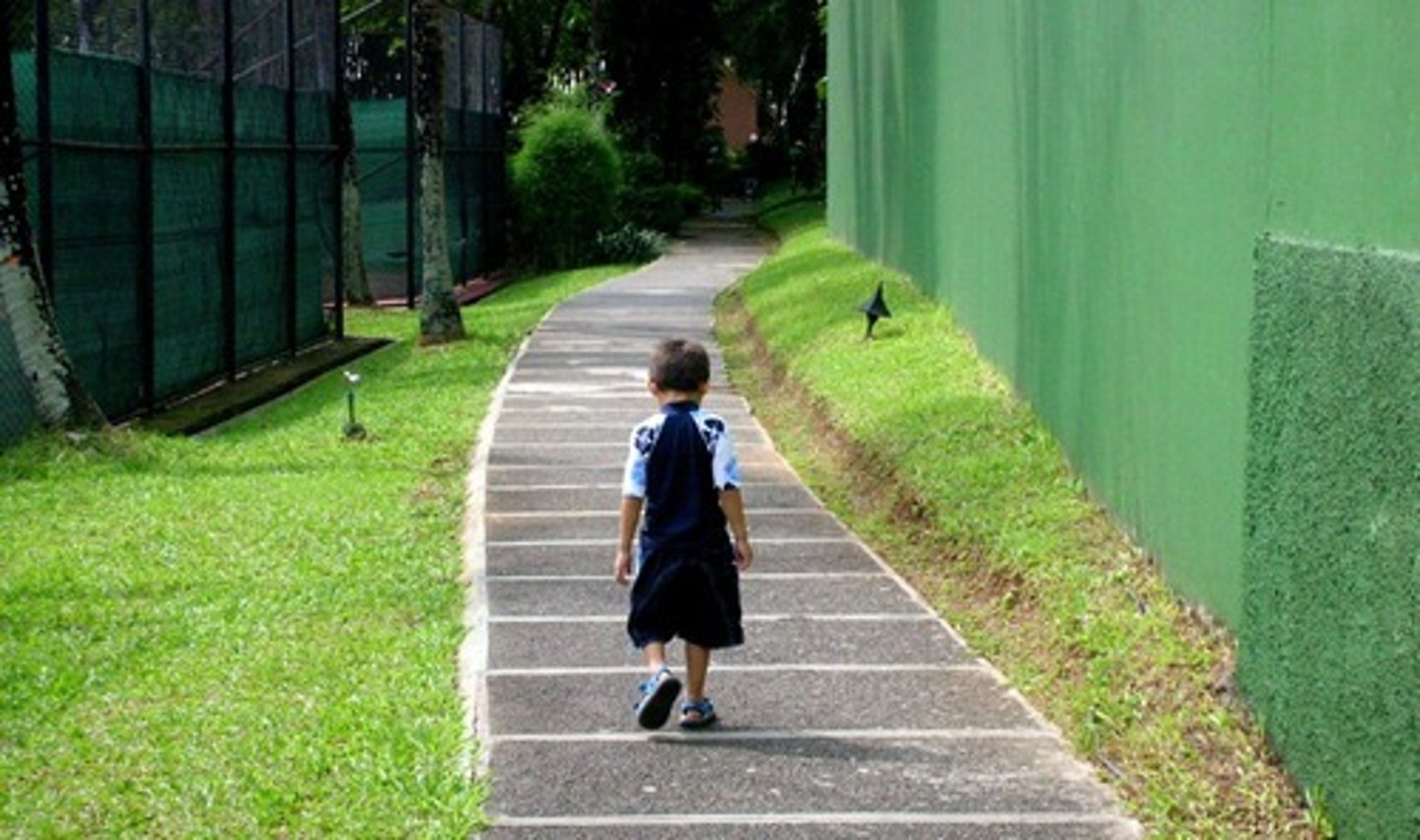
(-을/-를) ) 듣다 (들어요)
to listen (to ~) (e.g., 저는 K-pop을 들어요

(-을/-를) 마시다 (마셔요)
to drink ~ (p.119)

(-을/-를) 만나다 (만나요)
to meet (~) (p.119)

(-을/-를) 모르다 (몰라요)
to not know (~) (p.119)

(-을/-를) 알다 (알아요)
to know (~) (p.119)

오다 (와요)
to come (p.119)
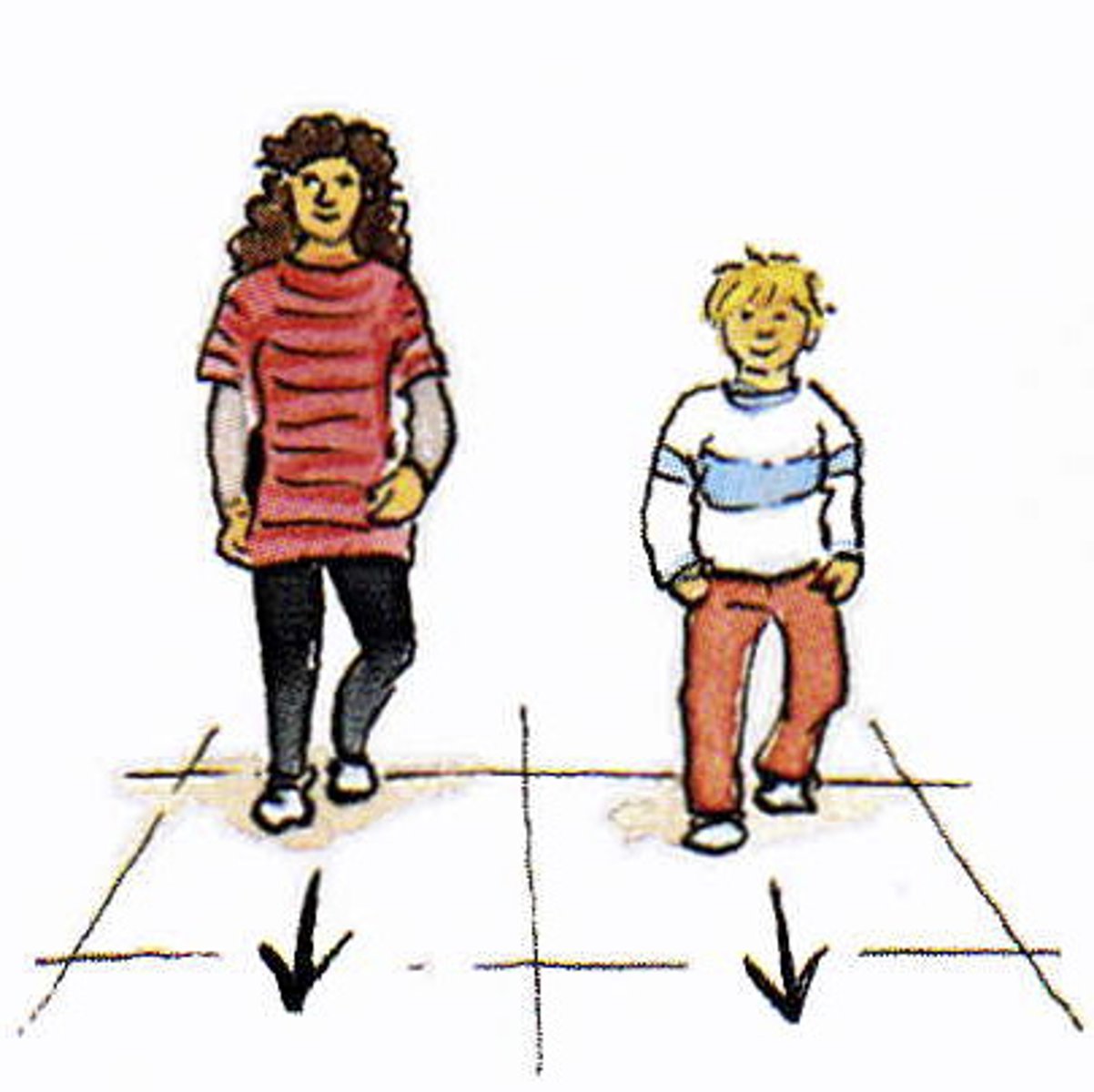
이다 (이에요/예요)
to be (p.125)
(~에) 앉다 (앉아요)
to sit (on~) (p.151)
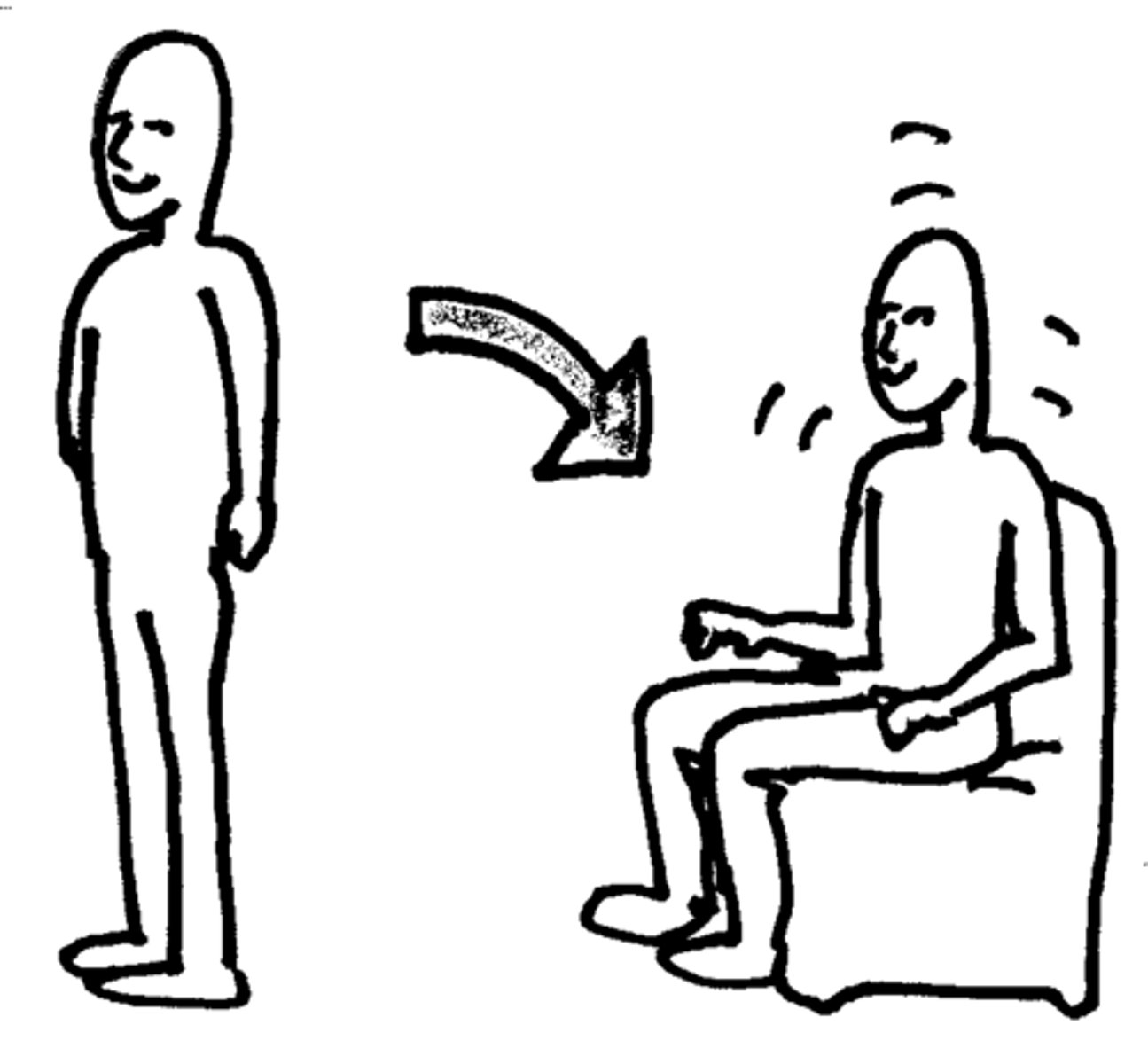
(~이/가) 운동하다 (운동해요)
to exercise; to work out (p.151)
(-을/-를) 먹어요
to eat (~)

(-을/-를) 봐요
to see (~) ; to watch (~)

(-을/-를) 해요
to do (~)

(-을/-를) 하다 (해요)
to do (~) (p.124)
(-을/-를) 공부하다 (공부해요)
to study (~) (p.119)
샤워하다 (샤워해요)
to take a shower (p.126)
쇼핑하다 (쇼핑해요)
to shop (p.126)
일하다 (일해요)
to work (~) (p.119)

(-한테/-에게) 전화하다 (전화해요)
to call (~) (p.119)

조깅하다 (조깅해요)
to jog (p.126)
(-을/-를) 좋아하다 (좋아해요)
to like (~) (p.119)
(-을/-를) 체크하다 (체크해요)
to check (~) (p.131)
(-을/-를) 전공하다 (전공해요)
to major in (~)

(-을/-를) 시작하다 (시작해요)
to start (~); to begin (~) (p.151)

예쁘다 (예뻐요)
to be pretty (p.125)

많다 (많아요)
to be much; many (p.125)

싸다 (싸요)
to be cheap (p.120)

크다 (커요)
to be big (p.120)

배부르다 (배불러요)
to be full (p.120)

배고프다 (배고파요)
to be hungry (p.120) 배고프다 is a compound word that comes from two words: 배가 고프다. The literal meaning of 배가 고프다 is "My stomach (배가) is hungry (고프다)." To make a negative expression, you must put 안 immediately before the adjective 고프다: 배(가) 안 고프다 (배 안 고파요) " not to be hungry"

바쁘다 (바빠요)
to be busy (p.125)

맵다 (매워요)
to be spicy (p.120)

맛있다 (맛있어요)
to be tasty (p.120)

맛없다 (맛없어요)
to be not tasty (p.120)

비싸다 (비싸요)
to be expensive (p.120)

재미있다 (재미있어요)
to be interesting; fun (p.128, 139) * 한국 드라마 재미있어요!

바빠요
to be busy

좋아요
to be good

그렇다 (그래요)
to be so (p.143) e.g., 그래요? "Is it so?"